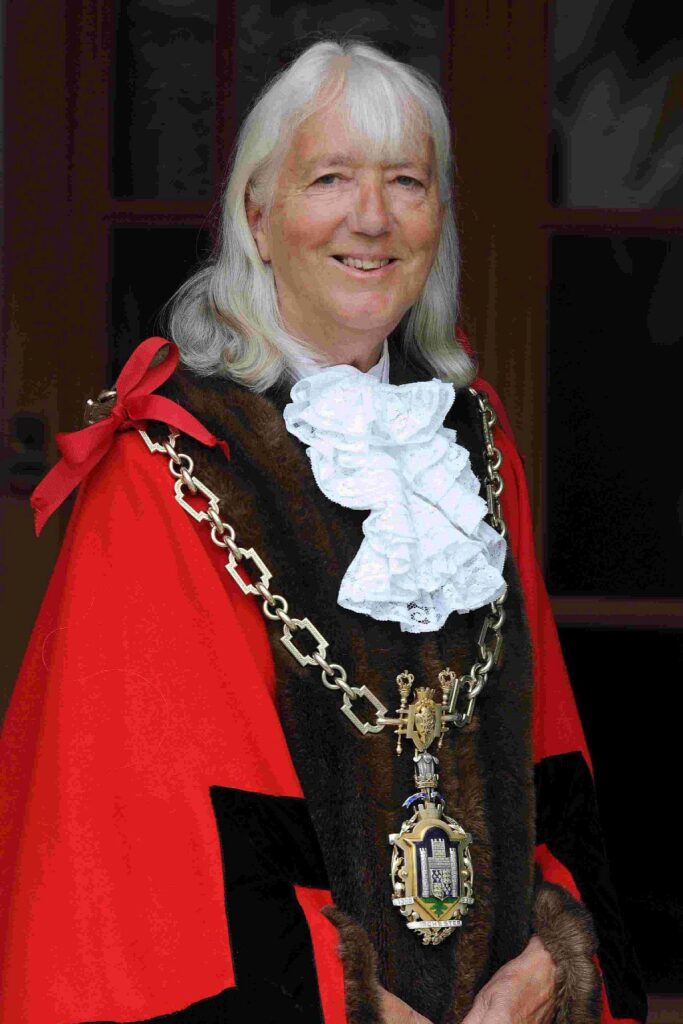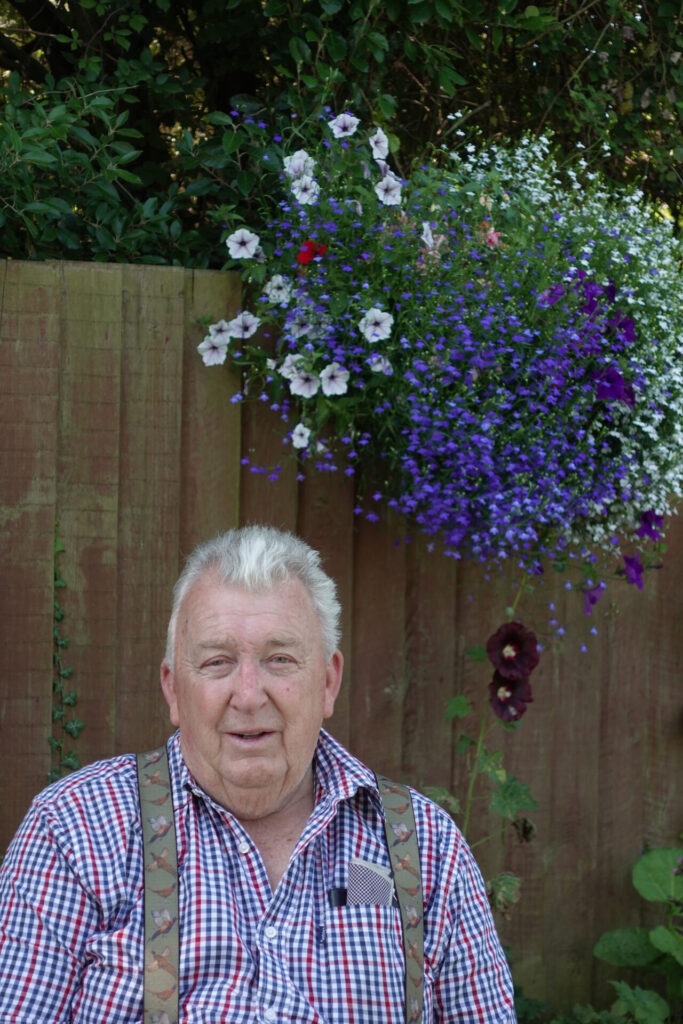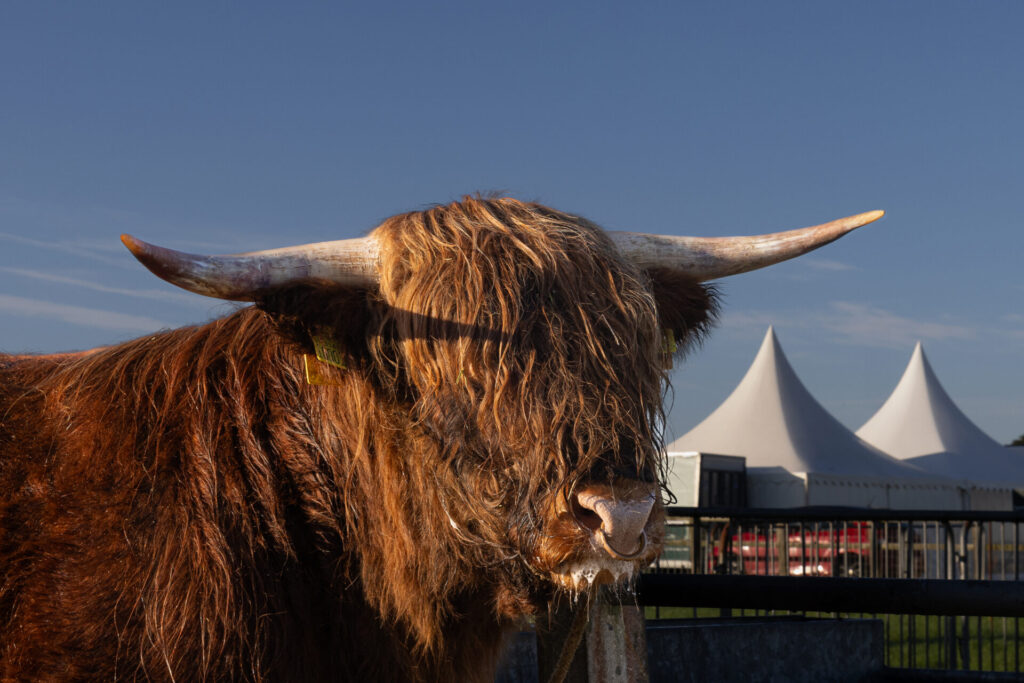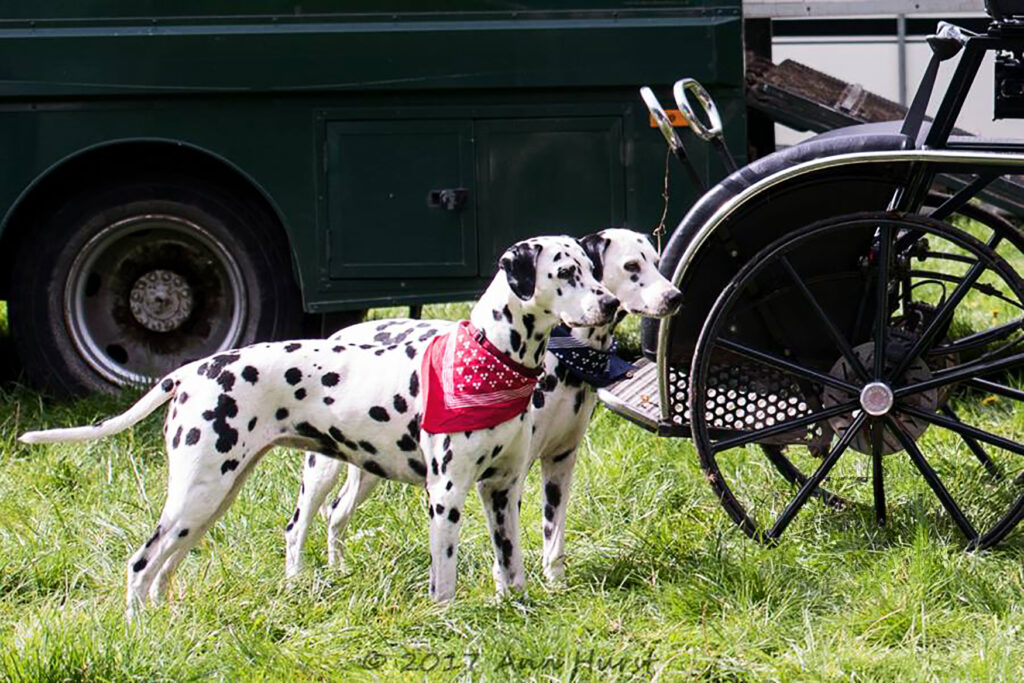
Image: Courtenay Hitchcock
In 2010 Chrissy and Karl Regler had just had their second child. Finances were tight, and Chrissy, on maternity leave from the solicitors office where she worked, took a part time job in a pub. When a supplier let them down, she offered to make the pub’s popular chilli jam. ‘They loved it,’ she says. ‘Then they wanted a real ale chutney. As time went on, I started making on a very small scale for people to buy. Finally, we realised that if I sold X number of jars, I wouldn’t need to work at the solicitors anymore.
‘I mean, it was tough. We don’t have luxury holidays. We don’t have expensive cars. And it has definitely been hard with us being married – you’ve got to have a good strong relationship to be able to deal with that!
‘We’ve had lots of challenges – Brexit increased the import costs. We had no glass available for three months last year because it was coming from Ukraine and Russia. And then Spain had major droughts … My job might sound cutesy and domestic, but it’s actually a hard business in which to keep your head above water. Prices change all the time and you’ve got to constantly look at procurement. You’ve got to have the quality of goods coming in, you can’t just buy any old stuff.
‘People ask “why don’t you use Dorset’s strawberries?” – the answer is that there’s nowhere in Dorset that could produce enough. Plus there’s the sheer cost of that premium UK fruit – people wouldn’t pay it.
‘We pride ourselves on being a family brand, we don’t want to charge £6, £7, £8 a jar. We want people to be able to afford to buy from us and have our products on their breakfast tables. We don’t see the point of things being out of reach or only for a treat. We want our product to be an achievable thing.
‘We are SALSA accredited (Safe and Local Supplier Approval) which is a supermarket standard, it means our food safety is a really high level. We supply The National Trust and the RSPB and they both require a high standard of food hygiene. We were stocked in Co-op but we chose to de-list – supermarkets are not for us. They would take £4,000-worth of stock, and then pay you from what they sell. But you’ve made the investment in all the jars, the ingredients, the production … and you’re just waiting to receive that back.
‘In a small business, you wear many, many hats. You’re in charge of your food safety, your accounts, procurement, marketing, sales and your customer service. You’ve got to be able to streamline as much as possible, or you’d go crazy. We don’t want to be a faceless brand. We want to be out there with fellow small traders, to go to a food festival and recognise our stockists – to stop for a chat. We want to be talking directly with the public, to say, “Oh, you can buy it here, here and here”.
Food shows are great. Because people can see that we’re actually normal! We’re ordinary people who sit in on a Friday night and watch rubbish telly!’

Dorsetshire sauce
The From Dorset With Love range has grown over the years – the chilli jam is still there, but it sits in a broad range of jams, marmalades and chutneys. Last year Chrissy diversified into table sauces: ‘They’ve gone incredibly well. We also have fruit-infused balsamic vinegars, which are for more than just salads. But our main product is Dorsetshire source. It’s a unique taste – Karl spent 18 months creating it.’
‘We’d started making ketchup and brown sauce,’ says Karl. ‘I wondered why we were buying Worcestershire sauce to add to our products when we could make our own. So I started experimenting.’
‘But without the anchovies,’says Chrissy. ’Basically because we want to have friends – fermenting fish for 18 months isn’t ideal!’
‘About ten years ago I ended up with the right recipe,’ says Karl. ‘It uses 21 ingredients, with 15 herbs and spices – and it won a three star Great Taste Award that year. Out of 10,000 products only 152 got three stars.’
‘From there, Fortnum & Mason picked it up and things started to move,’ says Chrissy. ‘People took us more seriously as foodies. The Hix restaurant chain used it instead of the market leader. The Pig on the Beach uses it, The Salt Pig use it … it’s great for catering to allergies as it’s vegan and it’s gluten free.’
It’s still very much a family business – Chrissy’s brother works in the kitchen (he’s credited with fixing Chrissy’s grainy table sauce issues). Chrissy’s mum has been a staunch supporter from the start, and still helps out where she’s needed: she taught Chrissy to make a good marmalade, and it’s her piccalilli recipe in the jars.
Although they’ve turned away from the supermarket route, Chrissy and Karl are still keen to expand the brand, exploring new markets and products, constantly innovating and testing. But there are certain areas of the business that won’t change.
‘There are food shows that we do every year,’ says Chrissy. ‘Strangely, of all of them, our local Sturminster Cheese Festival is absolutely one of the main ones! It’s popular no matter what the weather is doing. It’s a really good community event, and we always carry back empty trays on the Sunday because we’ve sold out – I don’t think we’ve ever had a bad event there.
‘The shows are where we can really tell people that we’re totally handmade. When a customer speaks to somebody there, they’re speaking to the person who makes it, or who’s packed the box or labelled the jar.’
From Dorset With Love products are stocked in lots of delis and farm shops all over the county (there’s also a stockist in Norway and a butchers in Belgium!) Products are available direct from the website, and of course you can stop and say hello to Chrissy and Karl at Sturminster Cheese Festival in September.
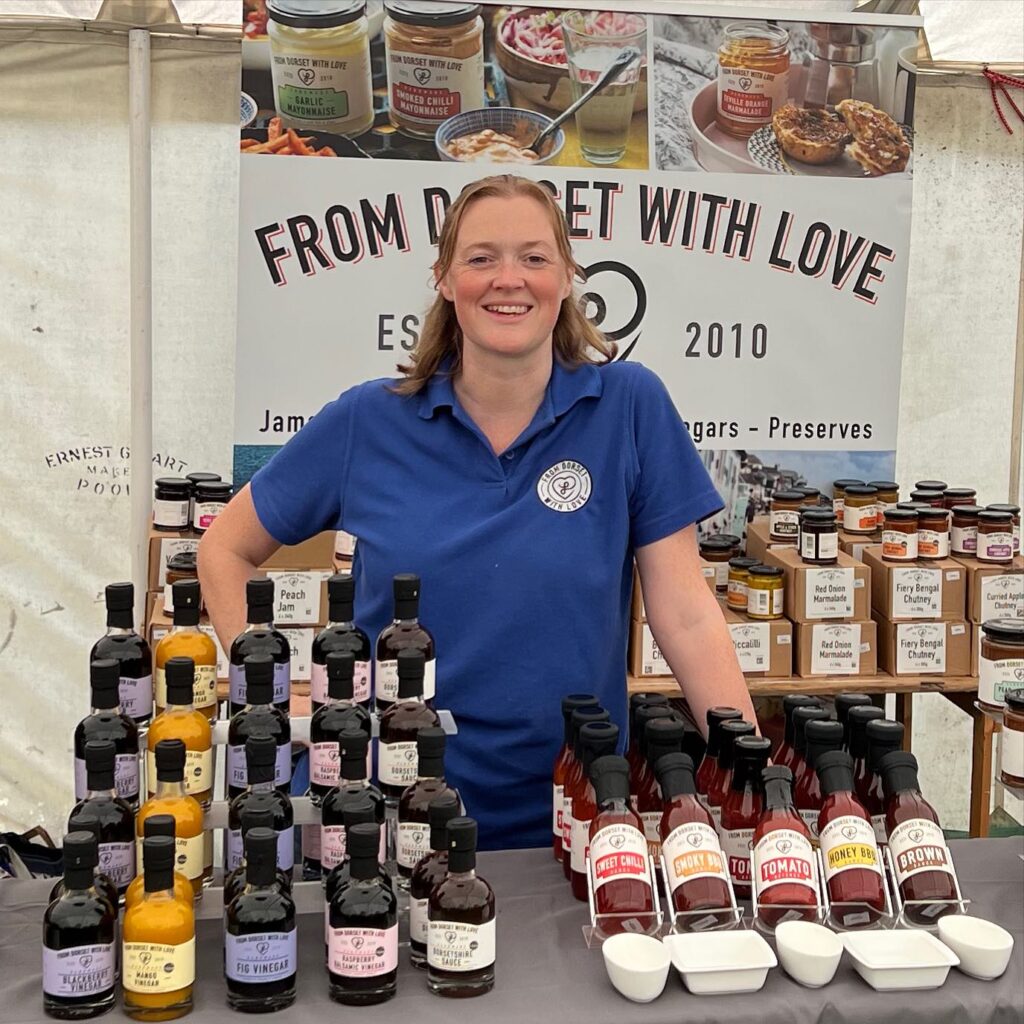
Sturminster Newton Cheese Festival
Always a major event in the local foodie calendar, this year the Sturminster Newton Cheese Festival boasts more than 20 cheese makers, alongside a wide variety of other local West Country food and drinks traders and producers.
From Cheddar to blue cheese, olives to chutneys and cakes to chocolates, there will be something to tempt every taste bud … and let’s not forget the locally-produced gins, ciders and vodkas on offer!
The Cheese Festival will take place on 14th and 15th September from 10am to 5pm at the Recreation Ground, Ricketts Lane, Sturminster Newton.
Advanced Tickets £8
(£9 on the gate) bvmag.co.uk/sturcheesetickets








